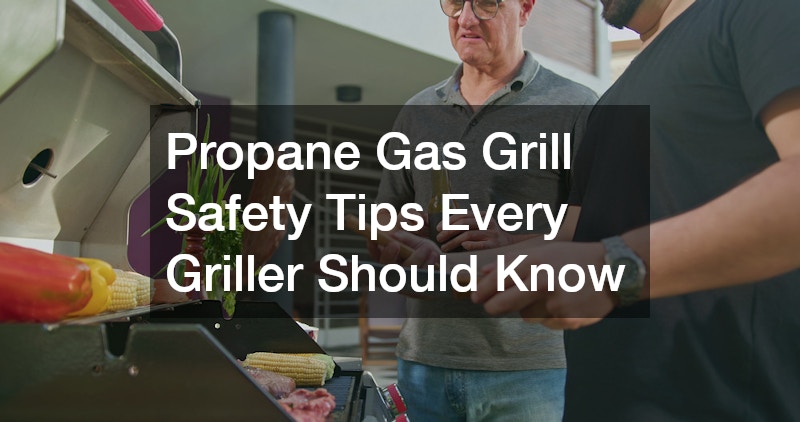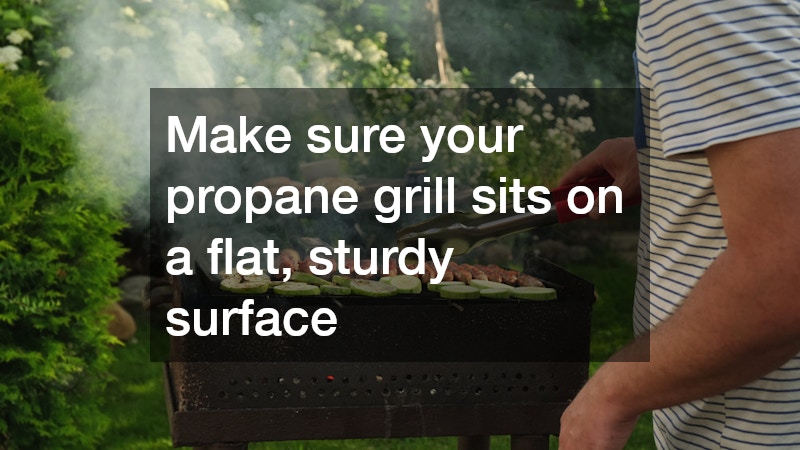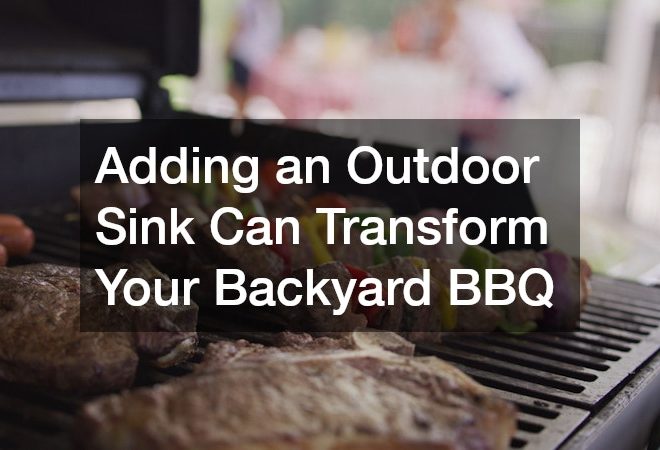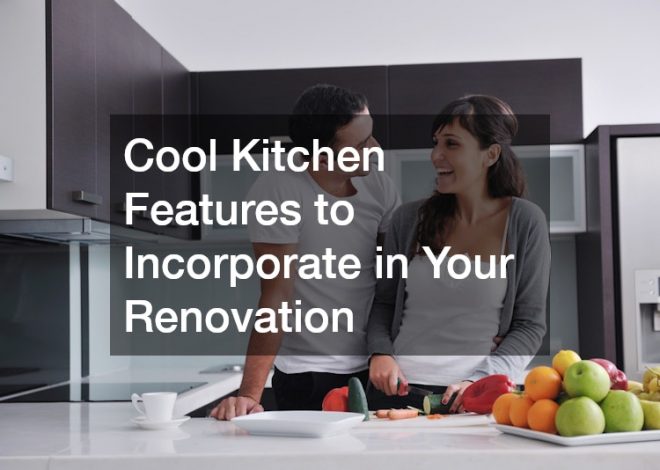
Propane Gas Grill Safety Tips Every Griller Should Know

Grilling is a favorite pastime for many, offering the perfect way to enjoy delicious meals outdoors. Among the various types of grills available, propane gas grills have become increasingly popular due to their convenience, quick heating, and precise temperature control. However, like any appliance that uses fuel, propane grills require careful handling to ensure safety.
Whether you are a seasoned grill master or a casual weekend chef, understanding how to safely operate your propane grill is essential for protecting yourself, your guests, and your property.
Understanding the Risks of Propane Gas
Propane is highly flammable, which is both a benefit and a risk. Its efficiency and ability to provide consistent heat make it ideal for grilling, but any leaks or improper handling can lead to dangerous situations, including fires or explosions. Unlike charcoal, propane grills rely on pressurized gas cylinders and regulators, which can fail if not maintained correctly. Being aware of these risks is the first step toward safe grilling.
One of the most common hazards with propane grills is gas leaks. A small leak might go unnoticed but can quickly lead to a dangerous fire if it comes into contact with an ignition source. Signs of a leak include the smell of gas, hissing sounds near the cylinder, or the presence of bubbles when soapy water is applied to the connections. Regular inspection of your grill’s components is critical to prevent accidents before they occur.
Choosing the Right Location
Where you place your propane grill is just as important as how you use it. Always position your grill outdoors in a well-ventilated area, away from walls, overhangs, and flammable materials. Grills should never be used inside homes, garages, or tents, as propane gas can accumulate and create an explosive environment. Additionally, avoid placing your grill too close to trees or dry foliage. Even a small spark can ignite a fire, so keeping a safe distance is key to responsible grilling.
Another consideration is stability. Make sure your propane grill sits on a flat, sturdy surface to prevent tipping. A top-heavy grill or uneven ground increases the risk of accidents, especially when cooking with hot flames.
Proper Setup and Maintenance
Before firing up your propane gas grill, always check the tank, hoses, and connections. Look for cracks, corrosion, or wear in hoses, and replace any damaged parts immediately. Attach the tank securely and ensure the regulator is functioning correctly. If you are unsure about your setup, consult the grill’s manual or a professional technician for guidance.
Cleaning your grill regularly is another essential safety measure. Grease buildup in the drip tray or burners can ignite, leading to flare-ups that are difficult to control. After each grilling session, wipe down the grill surfaces, empty the drip tray, and inspect the burners for blockages. Proper maintenance not only enhances safety but also improves the taste and quality of your food.
Ignition and Operation Tips
Lighting your propane grill safely requires careful attention. Always open the lid before turning on the gas to prevent gas from accumulating under the grill, which can cause a sudden flare-up when ignited. Follow the manufacturer’s instructions for lighting, using either the built-in ignition system or a long-reach lighter if needed.
While cooking, never leave a propane gas grill unattended. Keep children and pets away from the grill area, and have a fire extinguisher or a bucket of sand nearby in case of emergencies. Avoid wearing loose clothing that could catch fire, and use long-handled tools to manage food safely.
Temperature control is another important aspect. Propane grills heat quickly and can reach extremely high temperatures, making it easy to overcook food or cause flare-ups. Monitor your grill closely and adjust the burners to maintain a safe, steady flame.
Storage and Cylinder Safety
After grilling, turning off the burners and the propane tank valve is crucial. Disconnect the cylinder if the grill will not be used for an extended period. Propane gas tanks should be stored upright in a well-ventilated outdoor area, away from heat sources or open flames. Never store propane tanks indoors, in basements, or in direct sunlight, as this increases the risk of pressure buildup and potential rupture.
It is also important to transport propane cylinders safely. Keep them upright in a secure position in your vehicle, and never leave them in a hot car for long periods. Following these simple storage and handling guidelines will minimize the risk of accidents and extend the life of your propane tank.
Emergency Preparedness
Even with careful precautions, accidents can happen. Knowing how to respond is an essential part of propane gas grill safety. If you smell gas or suspect a leak, turn off the cylinder immediately, move away from the grill, and call your local fire department if necessary. Do not attempt to light the grill until the issue has been resolved. Having a plan in place for emergencies ensures that you can act quickly and prevent injuries or property damage.
Grilling with propane is a convenient and enjoyable way to prepare meals, but it comes with responsibilities that every griller must take seriously. By understanding the risks, choosing a safe location, maintaining your grill, practicing proper ignition techniques, and storing propane cylinders correctly, you can minimize hazards and enjoy a worry-free grilling experience. Safety should always be a priority, whether you are hosting a family barbecue or cooking for friends. Following these propane grill safety tips ensures that your outdoor cooking remains fun, flavorful, and accident-free.
By treating your propane gas grill with respect and care, you can enjoy countless hours of delicious food and memorable gatherings while keeping yourself and those around you safe.



